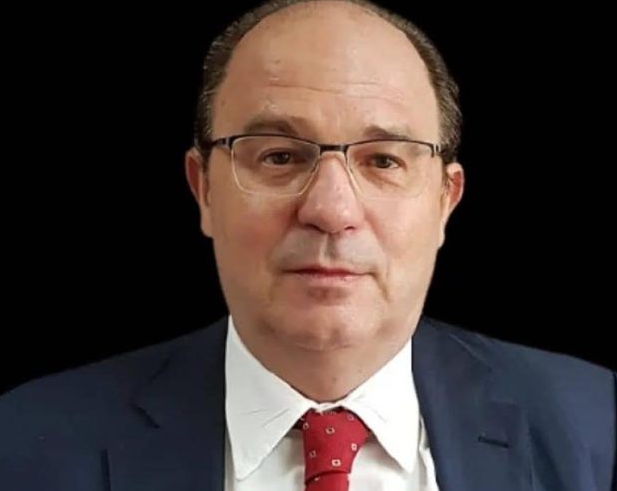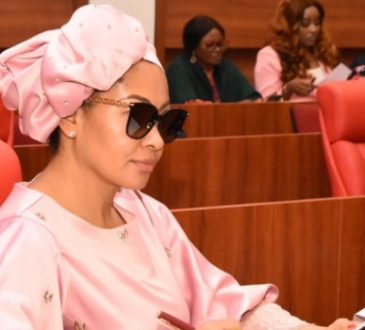
The Nigeria Employers’ Consultative Association (NECA) says the Federal Government’s proposed reduction of its budget by over N1.5 trillion should come from recurrent expenditures rather than capital expenditures.
Its Director-General, Mr Timothy Olawale, gave the advice while speaking to newsmen on Thursday in Lagos.
The News Agency of Nigeria (NAN) reports that CBN had announced an intervention fund of N1.1 trillion to reduce the biting effects of the Coronavirus pandemic.
The apex bank Governor, Mr Godwin Emefiele, made the announcement on March 18, days after announcing a N50 billion credit facility for small and medium enterprises.
Emefiele, had said in a statement that N1 trillion would be used to support the local manufacturing sector, as well as boost import substitution.
According to Olawale, expenses that will not contribute to national development should be the focal points at this time.
“This is the time for government to deliberately curb waste and institutionalise a road map for the rapid diversification of the Nigerian economy.
“While we commend government’s recent efforts to protect Nigerians and also keep economic activities going, we urge that greater effort should be made to mobilise Nigerians to support government’s efforts,” he said.
The director-general stated that the Central Bank of Nigeria (CBN)’s N1.1 trillion intervention fund to support critical sectors of the economy, would improve stability and ensure improved economic activities.
He commended the bank’s initiative, describing it as consistent with the global economic practices.
Olawale said: “We commend CBN for the bold step taken to aid the survival of businesses and the economy at large.
“The impact of the Coronavirus across over 100 countries, has affected global supply chains, as well as demand for goods and services.
“Commodity prices have also been affected, as crude oil prices have plummeted.
“The stimulus by CBN, if strategically deployed, will not only keep the wheel of economic activities going, but will also protect jobs and stop the slide in recession.”
Olawale, therefore, urged the government to consider funding for infrastructure projects that improved access to markets for farmers and SMEs, and reduce the operational costs, to increase non-oil exports.
He also called for the real sector to be urgently supported to improve capacity utilisation and create jobs.
“From recent realities, the need to support the health sector, especially local drugs manufacturing companies and health laboratories, cannot be over-emphasised,” he said. (NAN)






